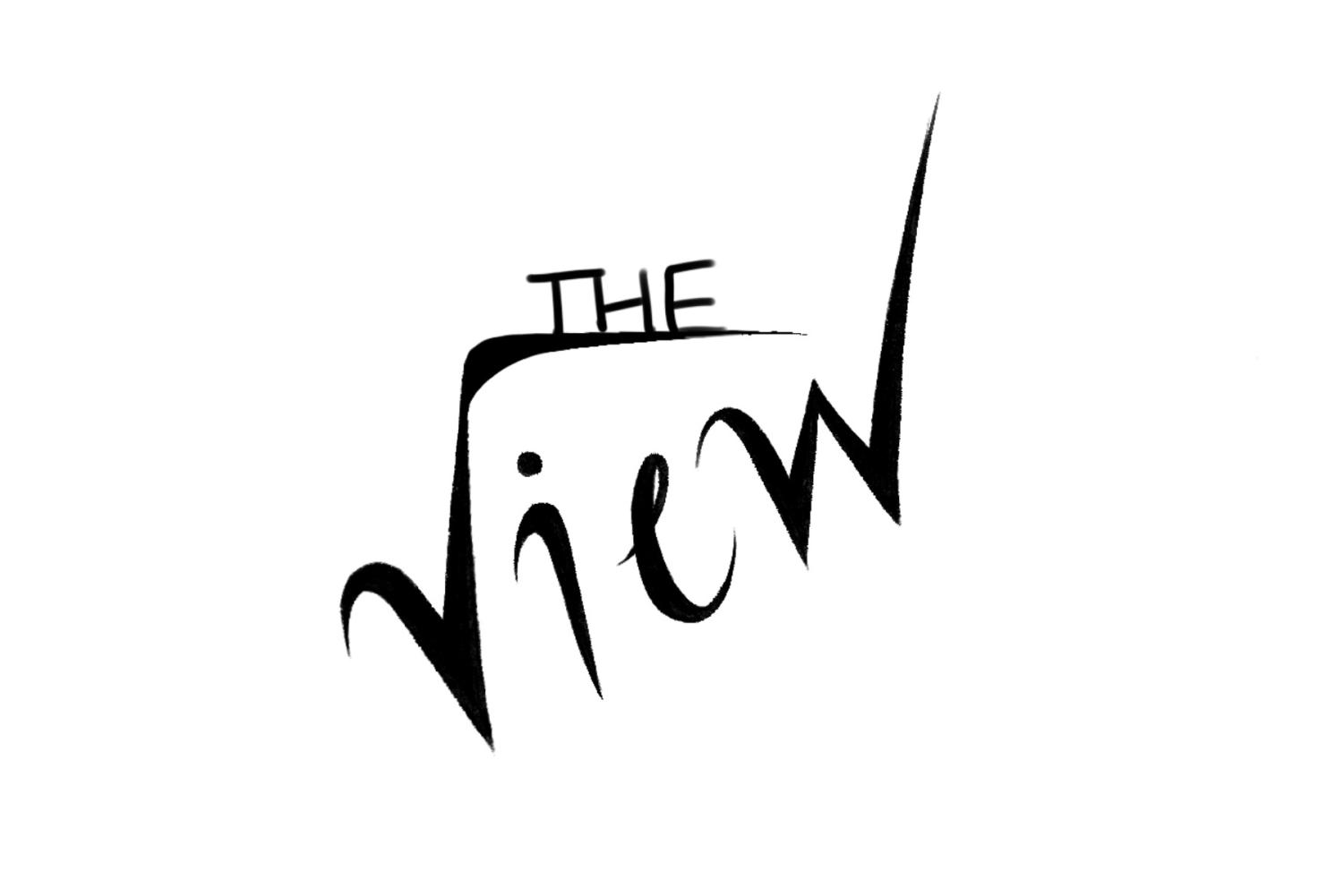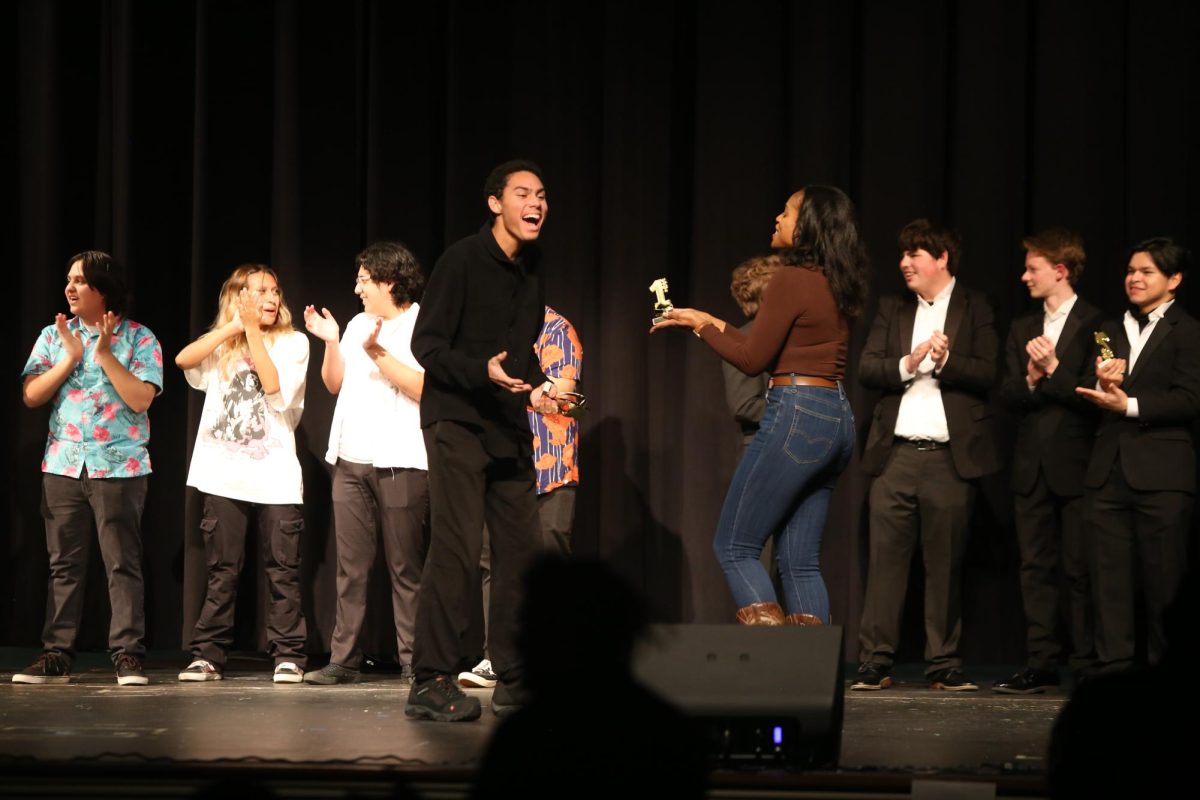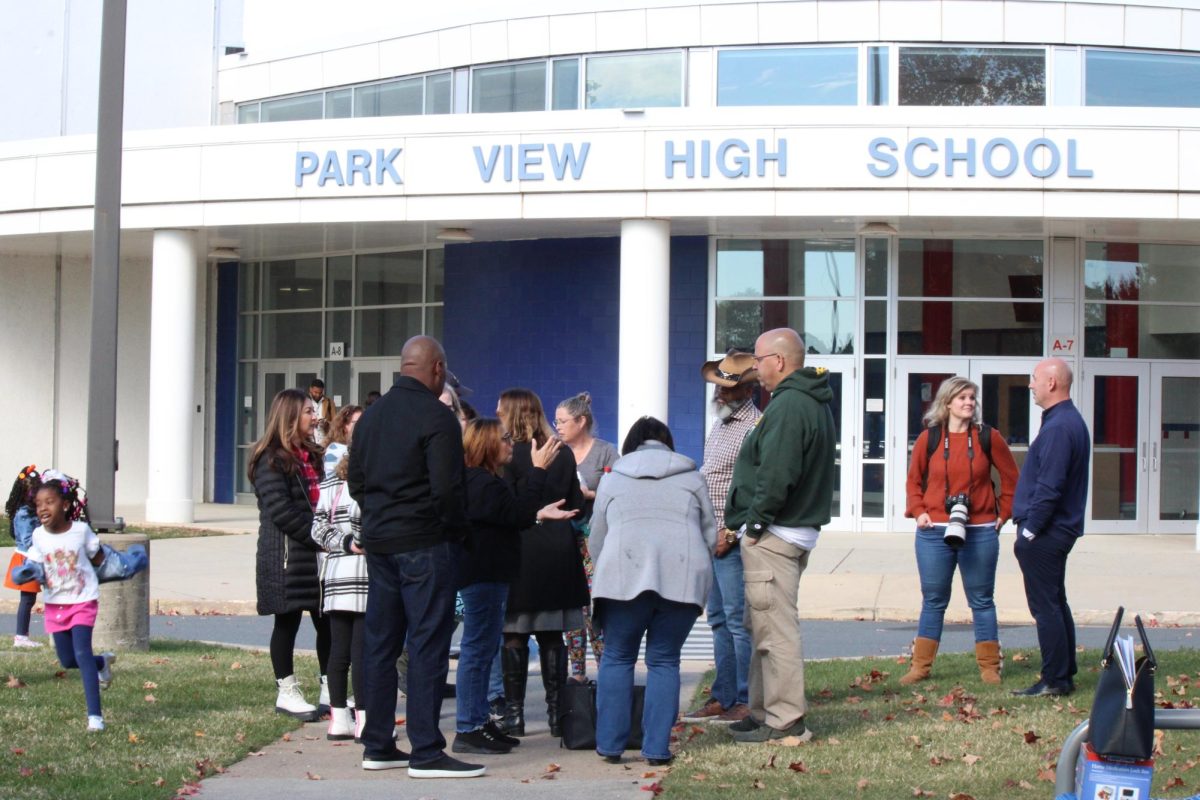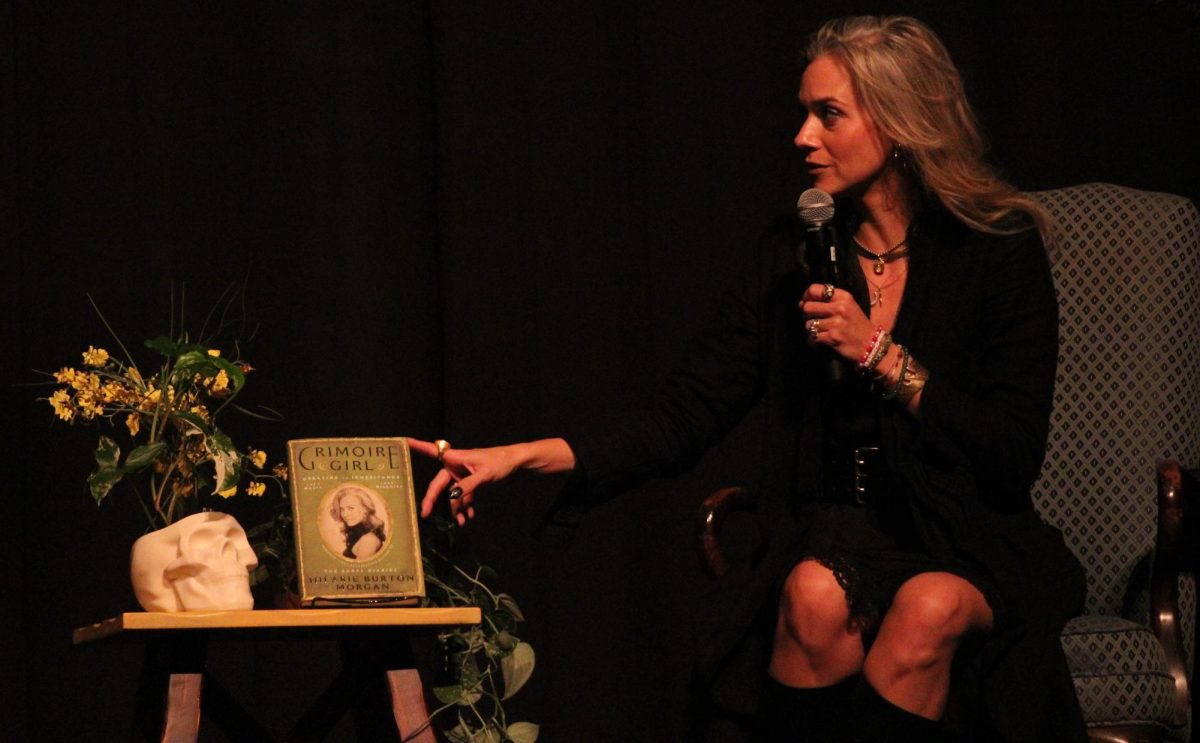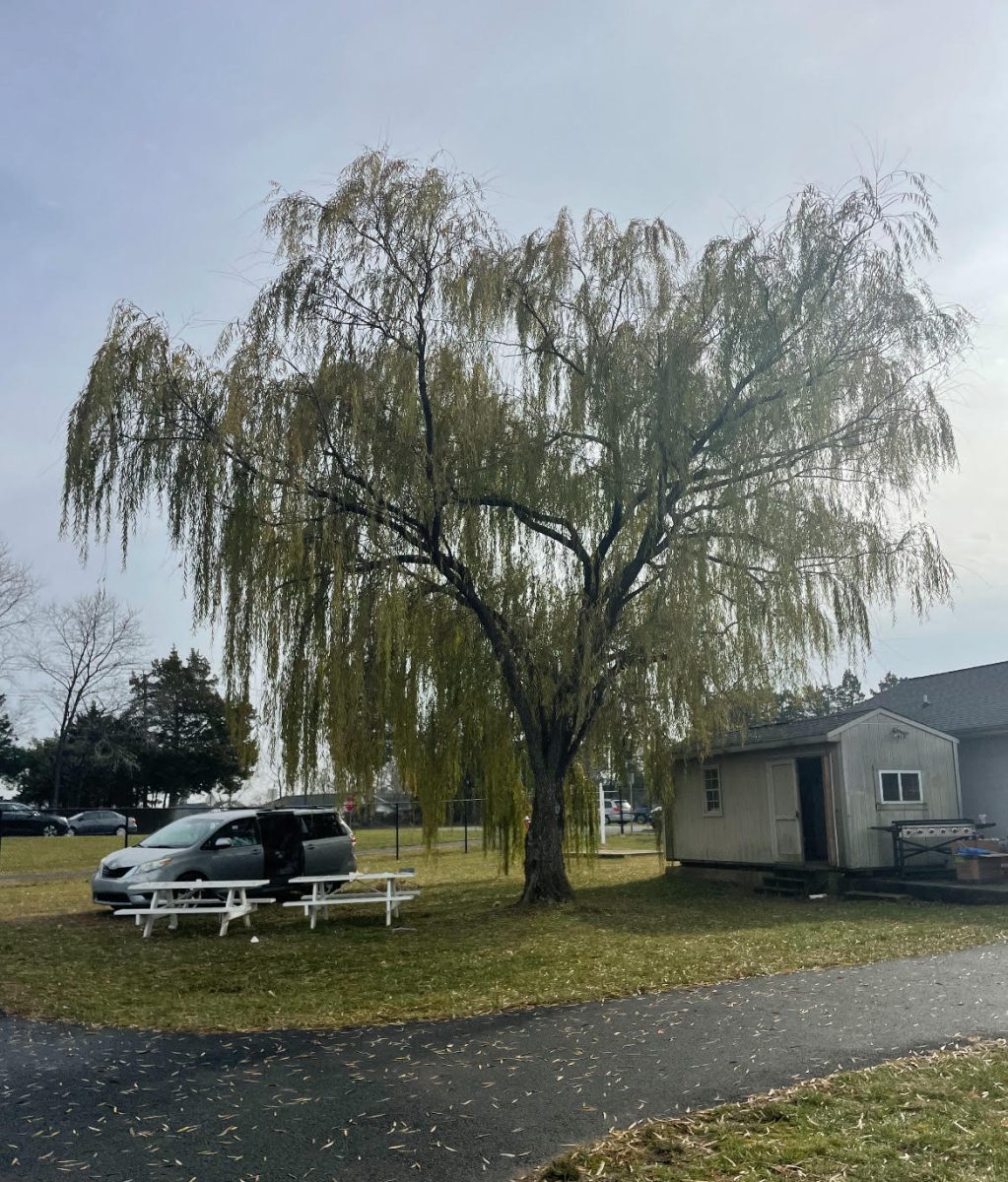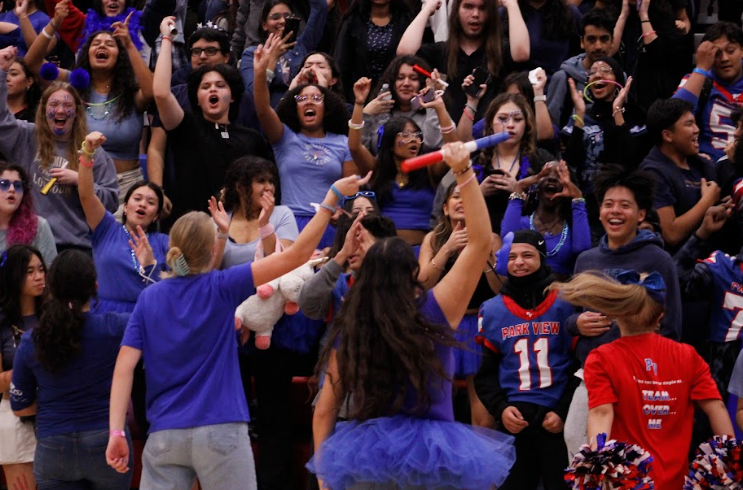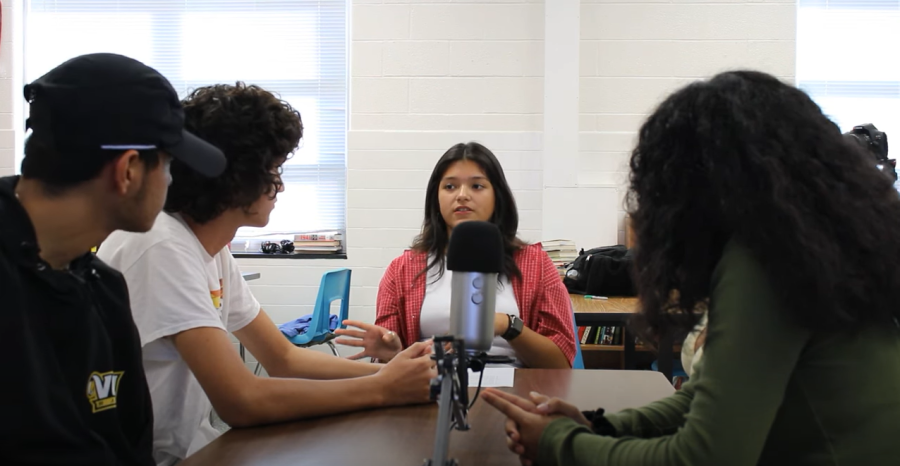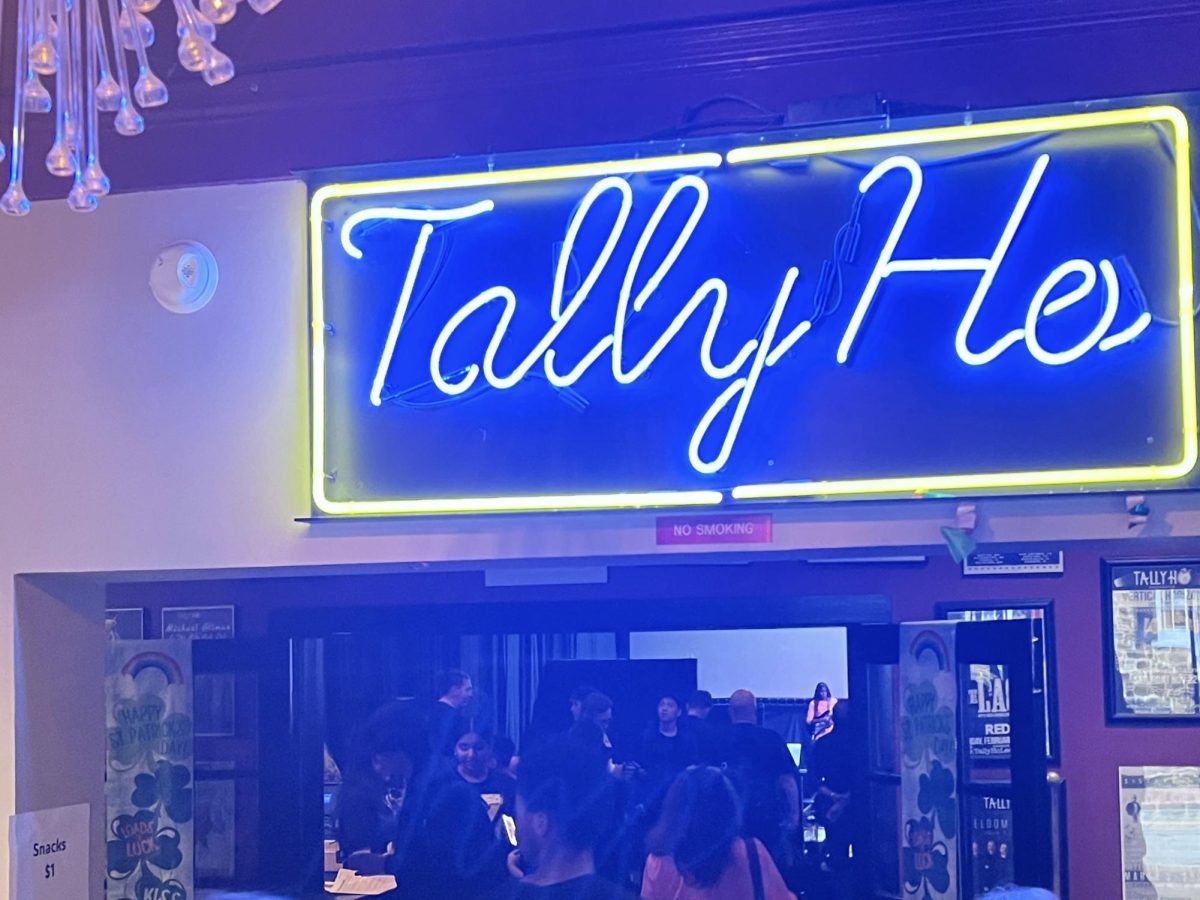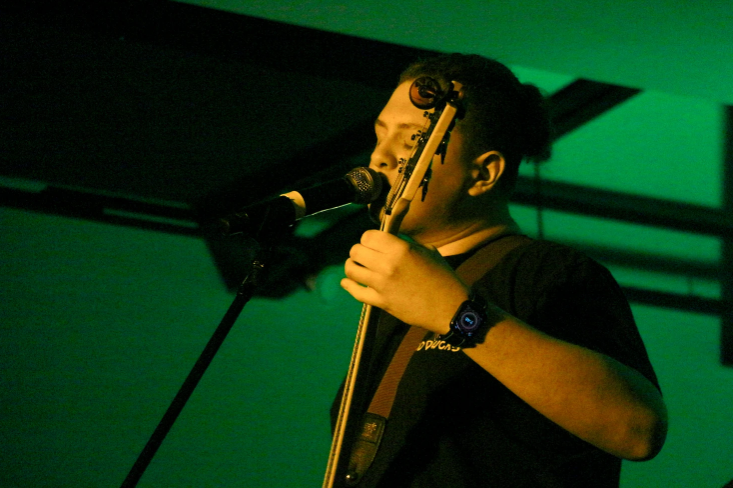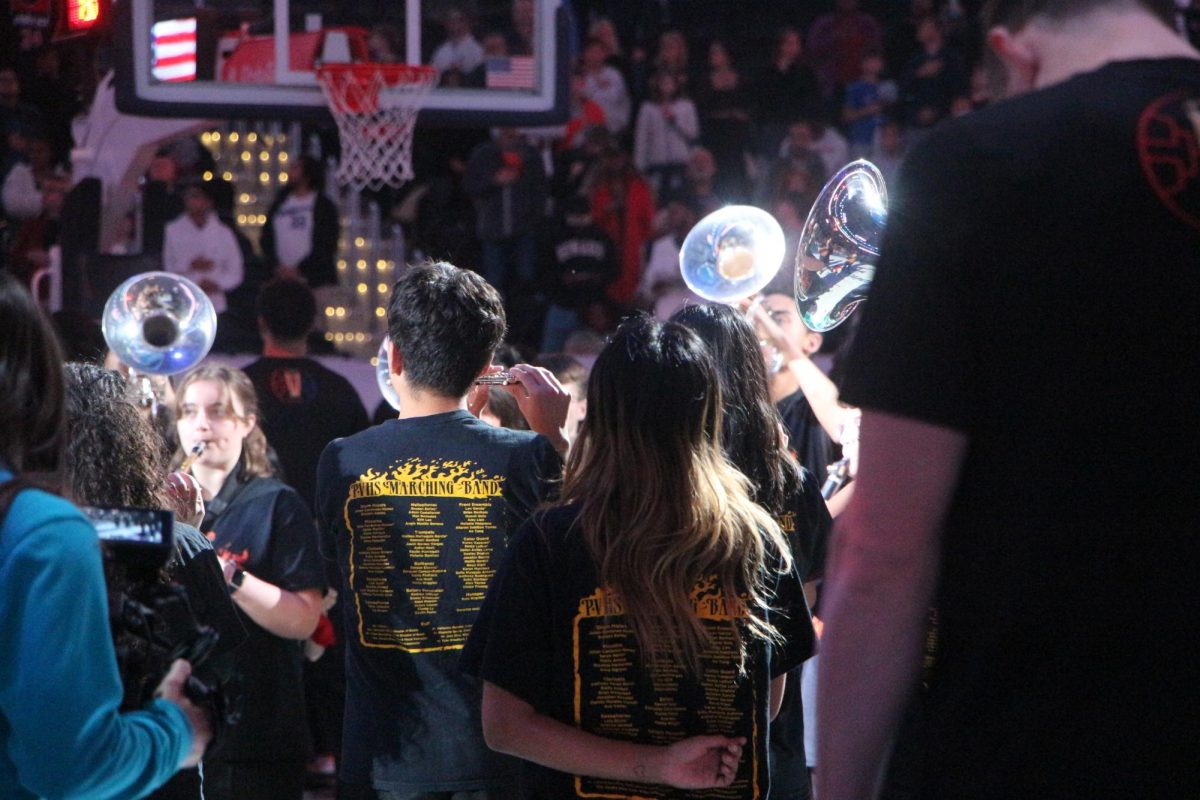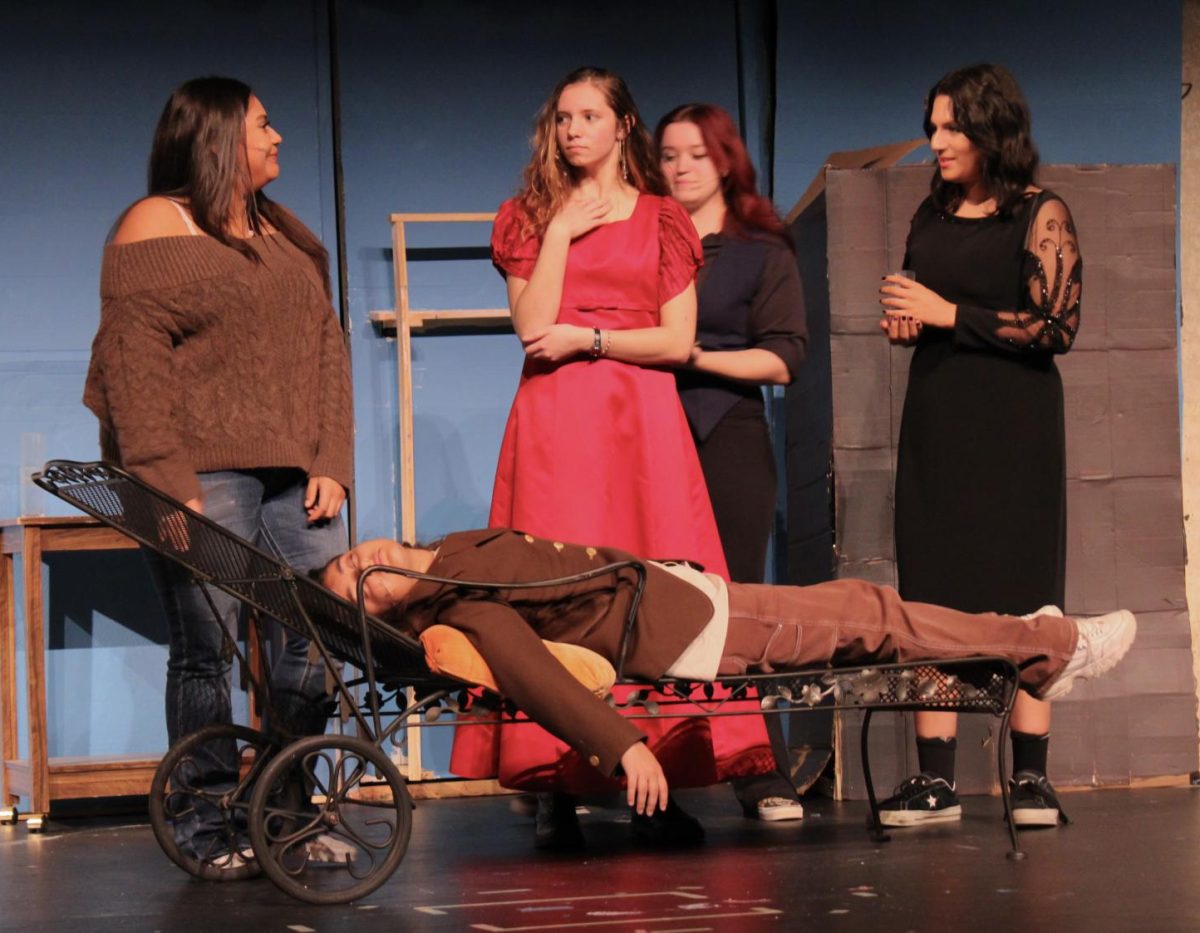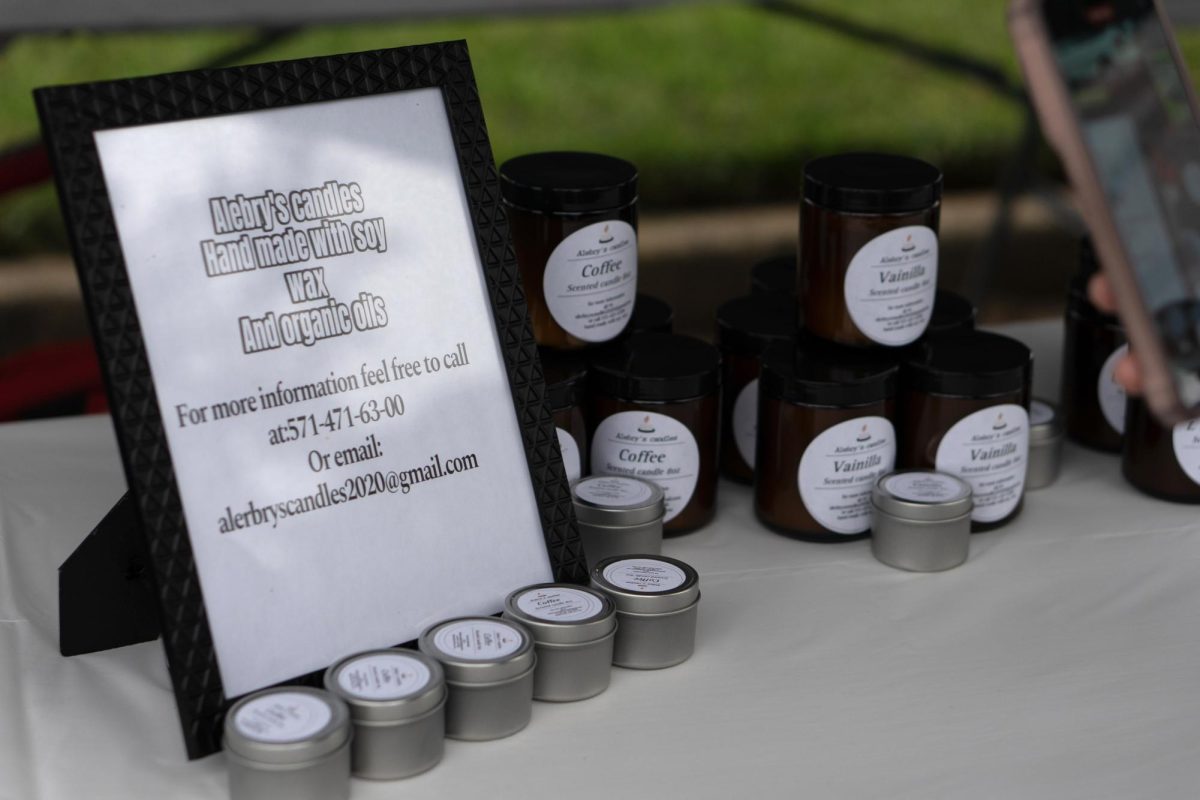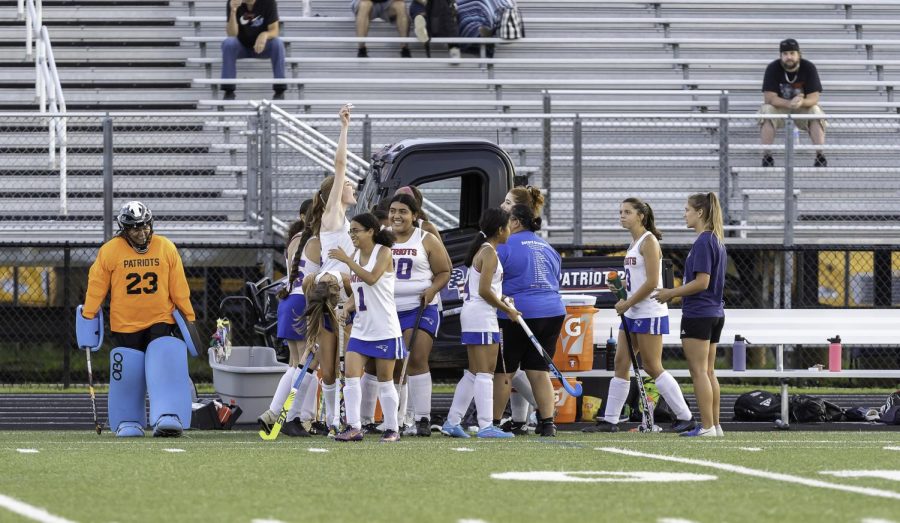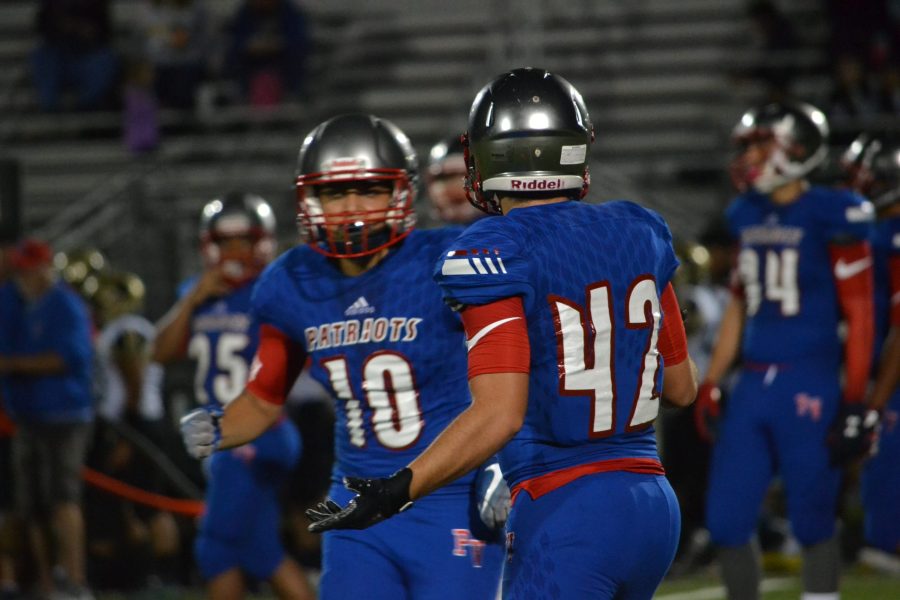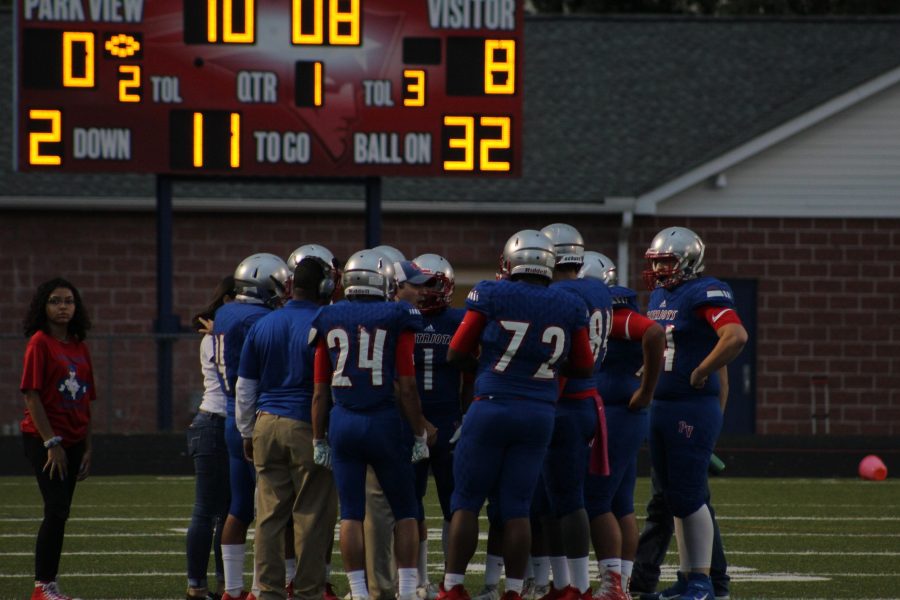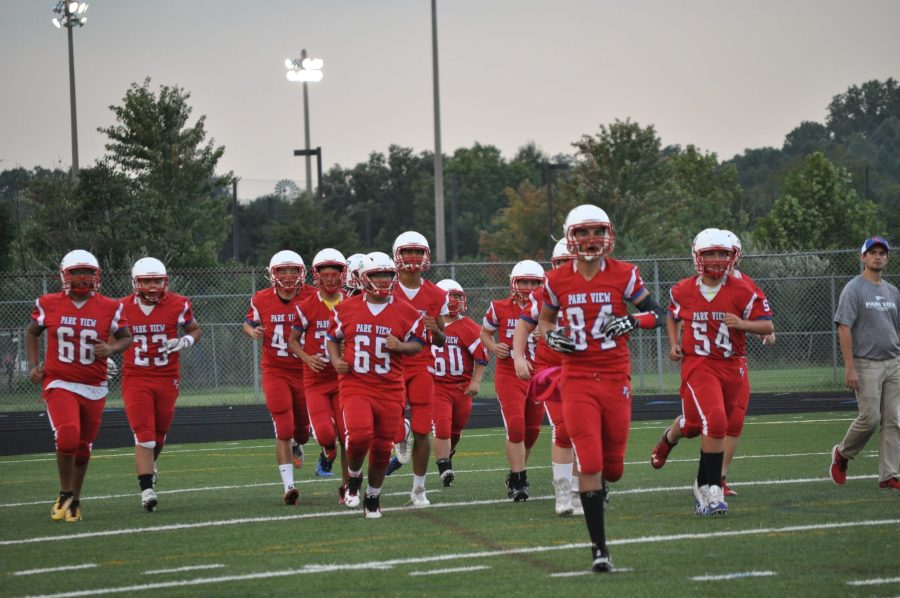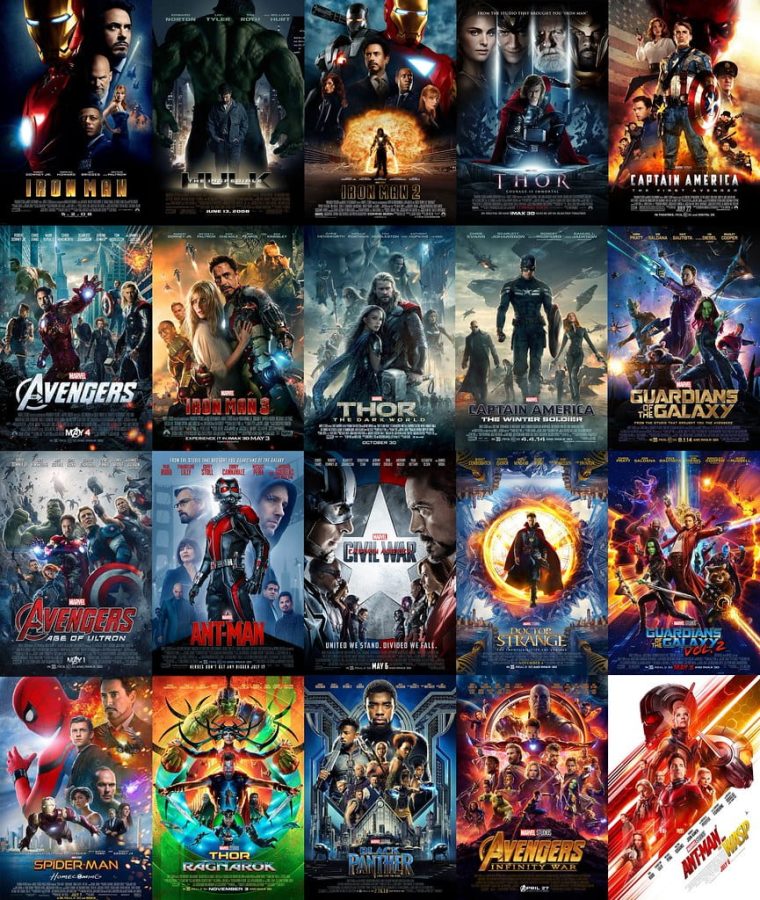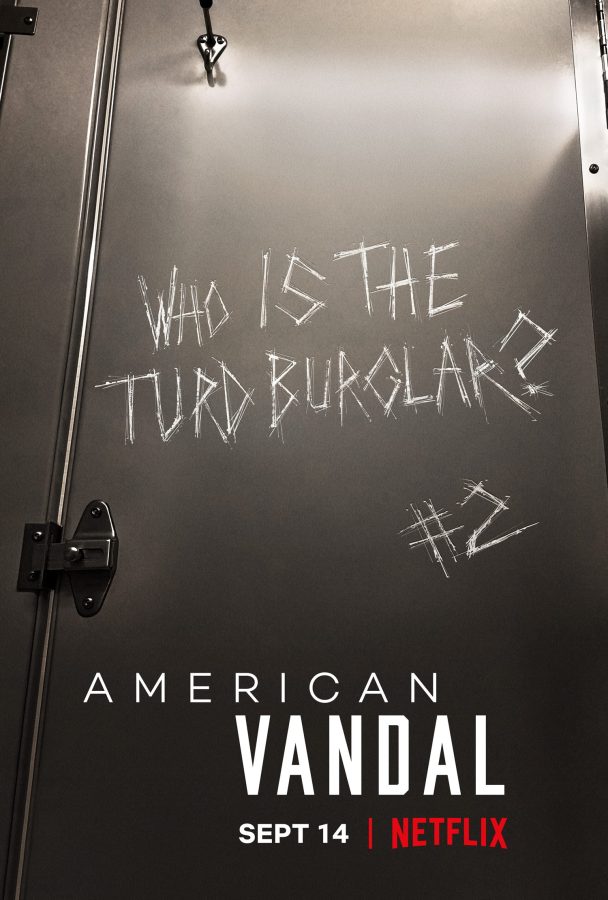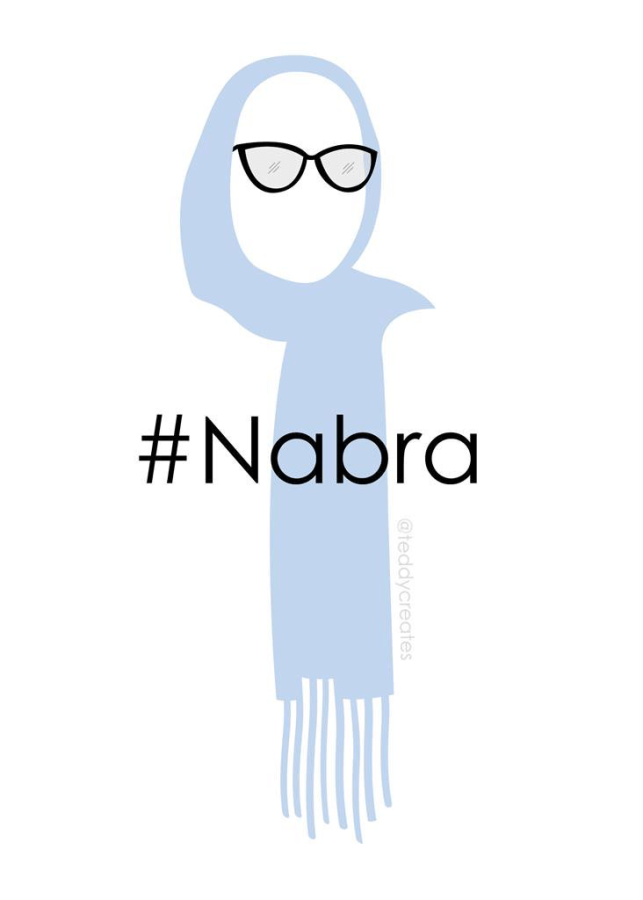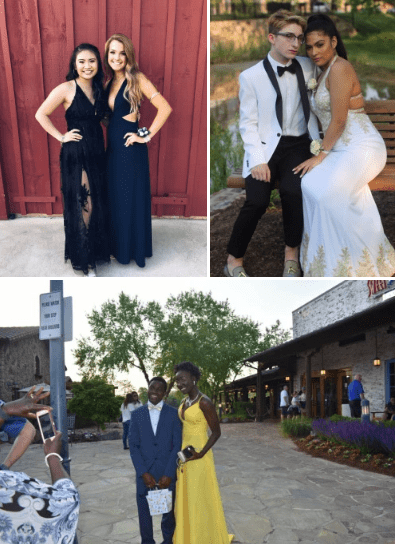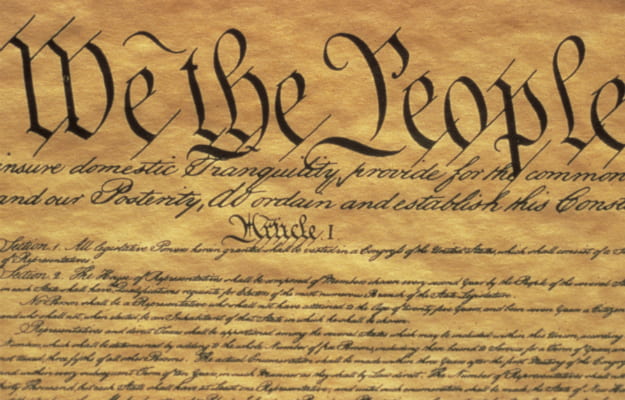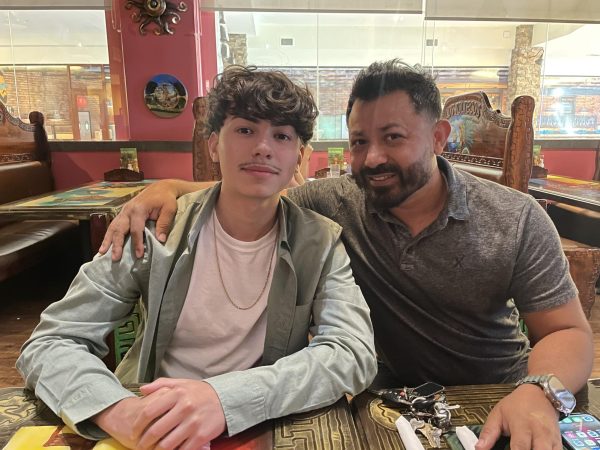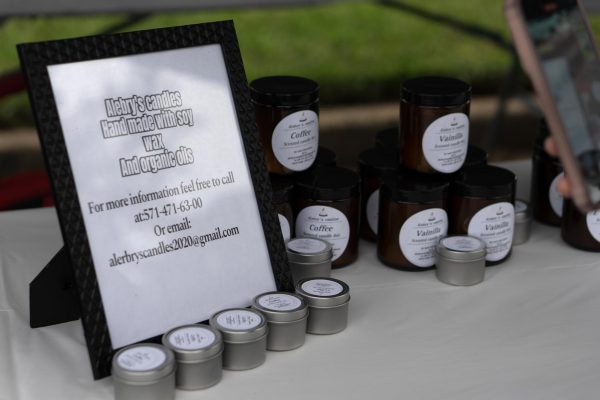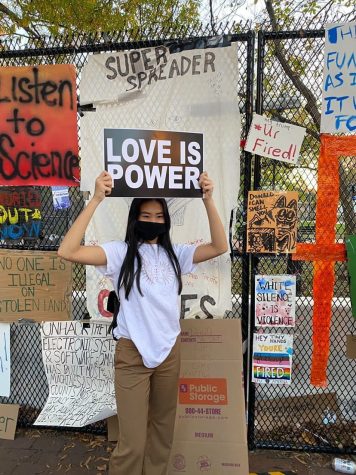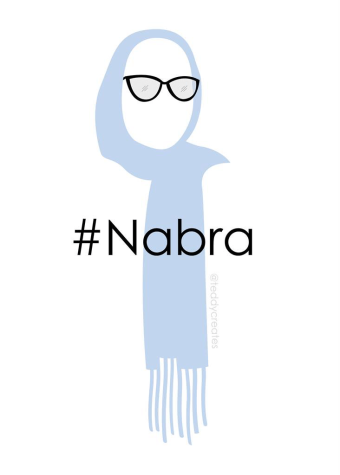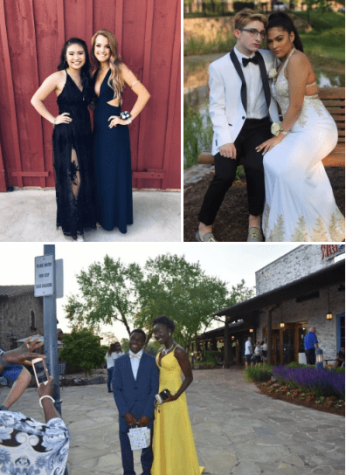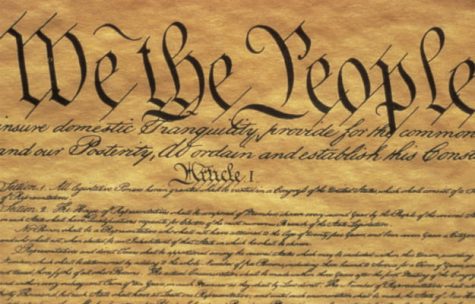We Have Canceled Our Peers, But Where Is the Line?
It’s college application season and it’s a student’s dream come true. They spend late nights studying for the SAT, reading and rewriting a college essay until it’s perfect, and try as hard as possible to be in the best physical shape one can be in for competitions and tryouts. Finally, everything pays off. There is an email waiting in their inbox; a decision has been posted. Nervously opening the letter, there is a rush of relief and joy while reading it. Congratulations, we are pleased to offer you admission. Reading the letter, there is more joy when the school offers them a spot on their sports team. Tears well up; it’s the best thing that could have happened, admission to a top university with a spot on their amazing sports team.
Then you lose it all because of a video you can’t remember posting.
All of those things did happen to Heritage student Mimi Groves. Groves was accepted into the University of Tennessee and earned a spot on their cheerleading team, which was the reigning national champion. However, her sophomore year, she shared a video to a friend of her saying a racial slur after she got her learner’s permit. The video circulated through the school and another Heritage student, Jimmy Galligan, recorded it and waited until ‘the right moment’ to release and use the video. Once this video was exposed to her high school and future college, Groves lost her spot on the cheerleading team in a matter of days. She later withdrew from the school because of all of the public pressure and backlash.
Though what Groves said was completely wrong, the events following were tragic. Galligan only posted the video after Ms. Groves selected her college of choice. During the BLM protests earlier in the year, Groves had supported the movement and urged others to do anything to support it as well. Despite that, Galligan and other strangers flooded her social media saying how dare she support the movement because of what she said.
Neither party was right, but who lost more?
Cancel Culture is still very common today. The idea of ‘getting canceled’ came from the #metoo movement. This movement consisted of women sharing their stories of sexual assault online, bringing attention to them, and demanding greater accountability for public figures. The idea of calling out public figures and abusers might sound like an all-around good thing, but there are some drawbacks associated with it.
One of the problems with cancel culture is that it is largely performative. Because the act of canceling someone requires many people to broadcast their thoughts publicly on social media, there is a higher chance that people who could care less about the cancelation will join in because more people are doing it.
Last year, JK Rowling, author of the Harry Potter books, was canceled. The author was called out for transphobic remarks on Twitter. Fans accused her of being a TERF (Trans Exclusionary Radical Feminist) meaning that she didn’t see trans-women as women, and did not want them in the female community. The hashtag #ripjkrowling was trending on Twitter, and certain superfans took to extremes. Some burned all of her books, while others claimed that the story was not actually written by Rowling, but by fairies to distance the author away from their favorite story.
One of my friends loves Harry Potter as well as Rowling’s subsequent series, and she has all of the books and movies as well as shirts, socks, and at one point, a themed subscription. While wandering about a bookstore, we saw Harry Potter and Fantastic Beast books and merch. I remembered the scandal and asked my superfan friend how she felt about the author. Her face saddened for a second, and then she smiled. “What do you mean, nobody wrote Harry Potter, I don’t know a Rowling,” she said. We both got a laugh, but I could tell she was disappointed by the author’s comments. She later told me that she was tempted to throw her books out, but decided against it. She didn’t buy anything that day.
Seeing all of the disorderly conduct, there were less extreme people chiming in with comments like, “I’m glad I’ve never read the books” and, “I’ve never liked them anyway.” and things of that nature. It is very hard to believe that without the ruckus, someone who never read the series would comment on that.
It is also possible that people participate in cancel culture to avoid backlash from their own peers. With tenser social climates, there are some that hold higher standards for people, whether they be entertainers or their peers and classmates. During the BLM protests, there was a trend on Instagram to find all of the people you follow who follow Donald Trump and either unfollow them or block them.
The former president is quite controversial, but I think it is a bit irrational to distance yourself from someone without a conversation.
However, cancel culture has worked in a positive way in local communities. At Madison’s Trust Elementary school, they played an “underground railroad game” during P.E. This outraged parents, and rightfully so. Parents complained on social media and to the school directly. Though the school board said that no one student was designated as a slave in the game, parents and the president of the Loudoun NAACP, Michelle Thomas, believed that given the fact that students were supposed to escape from the underground railroad, that it was apparent that some students were playing the roles of slaves. Thomas worked to update the fourth, fifth, seventh, tenth, and eleventh-grade curriculum to prevent misinformation about African American history, as well as removing insensitive activities like the one discussed above; this curriculum has yet to be adopted. The principal issued a formal apology and said the material would be re-taught and said the school will eventually form “an equity and cultural response team” which would be made up of teachers and parents to ensure similar activities would not happen again.
The biggest problem with cancel culture is that it takes away the opportunity for a person to grow and develop. Ms. Groves supported the BLM movement, but because of the video where she said the slur, she was told she had the audacity to post anything related to it. I don’t understand why these events have to be mutually exclusive. If Ms. Groves used the slur and believed the meaning behind it, wouldn’t it be a good thing for her to have a change of heart? Cancel culture has let those with malicious hearts throw the first stone, and we should be ashamed. I believe that if Mr. Galigan was more mature, he would have tried to get Ms. Groves to understand the weight of that word before doing something so detrimental to her future. This lack of understanding is what makes cancel culture so dangerous. With Ms. Groves, they have put her in a box only big enough for her and the slur with no way out. There will always be people that are hateful and will put themselves in this box. It is not our job to trap people inside.
